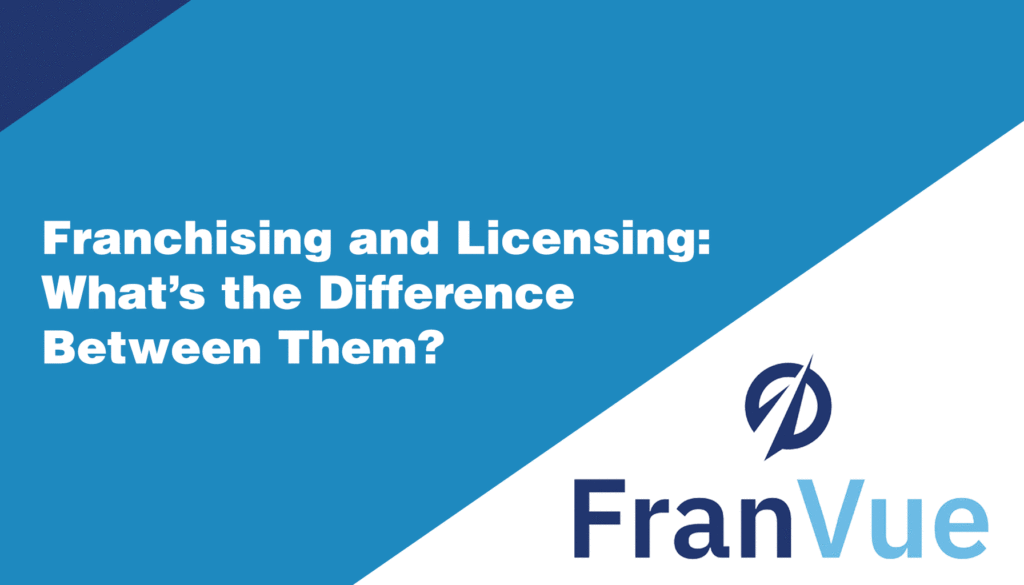In the world of business scalability, franchising and licensing emerge as two leading strategies, each championing its distinct advantages for budding entrepreneurs and seasoned businesses alike. But, which model is the perfect fit for you? Here, we dive deep to elucidate the nuances between franchising and licensing, allowing you to make an informed decision for your venture’s expansion.
Franchising Unveiled Franchising is essentially a blueprint for business replication. It’s a setup where the franchisor (the original business owner) permits an individual or entity (the franchisee) to run a business under its name. The franchisee gains access to the brand, its trademarks, and an established operational playbook, typically in exchange for an upfront fee and ongoing royalties. This partnership paves the way for the franchisee to capitalize on brand reputation and receive continuous mentorship, while the franchisor benefits from expanding its brand footprint through various independently managed outlets.
Licensing Demystified Licensing, on the other hand, revolves around a contractual right. The licensor (the rights owner) allows the licensee (the recipient) to utilize specific intellectual assets, be it a trademark, patent, or even a particular expertise. It’s more of a lease on specific rights rather than an all-encompassing business model. Licensees gain the advantage of using renowned intellectual assets to enhance their offerings, and licensors benefit from monetizing their intellectual property.
Franchising vs. Licensing: The Crux of the Difference Franchising is about replicating a brand experience. It encompasses rights to the brand, ongoing support, and mandates adherence to specific operational standards, ensuring consistency across outlets. Licensing, in contrast, is about rights utilization. It doesn’t demand uniform operations or deliver comprehensive business support. It’s a more flexible model where businesses can leverage particular intellectual assets without diving deep into a brand’s entire ecosystem. To encapsulate, while franchising is akin to buying into a business universe, licensing is about acquiring specific rights for a particular purpose. The best fit depends on the depth of integration and oversight you envision for your business’s growth journey.In Conclusion As businesses navigate the roadmap to expansion, the crossroads of franchising and licensing are pivotal. Both pathways have spearheaded numerous enterprises towards success. But, it’s essential to discern that neither is universally superior. Whether it’s the holistic business approach of franchising or the pinpointed intellectual assets leverage of licensing, the journey to expansion is tailored, resting on the unique aspirations and objectives of every business visionary.


